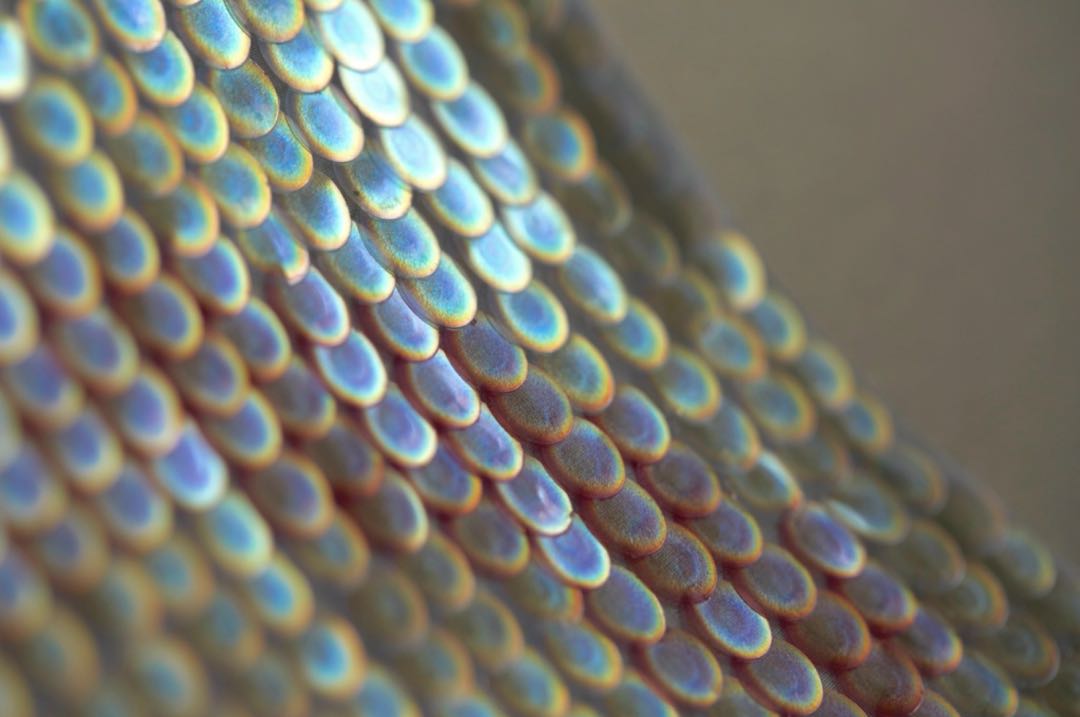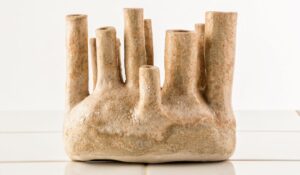Research——Radical Bio-Issue 3

Bio-material innovation
The practice in this field is often based on the topic of sustainability, by proposing constructive solutions to existing problems in industry and society, and by creating a sustainable future. Circle-systems and sustainable design provide a solid foundation for innovation in this field. Biomaterial innovation focuses on connecting with local communities and manufacturers.
In practice, this is expanded in two main areas:
1.Function-based innovation :
This field focuses on the use of scientific and engineering methods to develop new materials for specific problem solving, often closely related to developments in materials science. For example, designer Elissa Brunato developed a cellulose sequin as an alternative to natural sequins that would otherwise need to be extracted from living things. This has certainly advanced the humanitarian aspect of the fashion business and improved the problems encountered in the fashion industry with regard to animal ethics.
For now, this aspect of biobased practice is in a relatively awkward position. On the one hand, many materials cannot go from the laboratory to everyday life and lack sufficient industrial support, because it is difficult to establish a functional and price competitive advantage over established materials. The development of such biomaterials often uses sustainability as an entry point, but we have a hard time convincing most people to pay for a nebulous concept, and consumers are more concerned with reality and the present moment. But this is not the original sin of biomaterials research. We should find business models that are better suited to this field, delve deeper into their irreplaceability, and pull such practices out of the quagmire of so-called tinkerers in order to unlock their enormous potential.
2.Situation-based Innovation :
Situation-based innovation does not produce new materials, but rather expands the use of existing materials to create broader cultural and social connections and promote relevant issues. Often, such practices are accompanied by strong narratives, such as designer Sinae Kim’s project “This is urine”, in which he distills and purifies urine into a usable glaze and incorporates it into his own ceramic art. By transforming waste into a usable material, the project is a practical way to think about the ethics of raw materials or to change the way we think about materials that are offensive.

This is urine
Innovation in biomaterials reflects our reflection on modern production systems and responds to potential challenges by building local solutions, emphasizing localization in addition to local solutions strategies. At the same time, the field brings together talented people from a variety of disciplinary backgrounds, with researchers from traditional fashion, industrial, architectural, and archaeological or craft backgrounds currently able to find a place in the biological field.




Recent comments